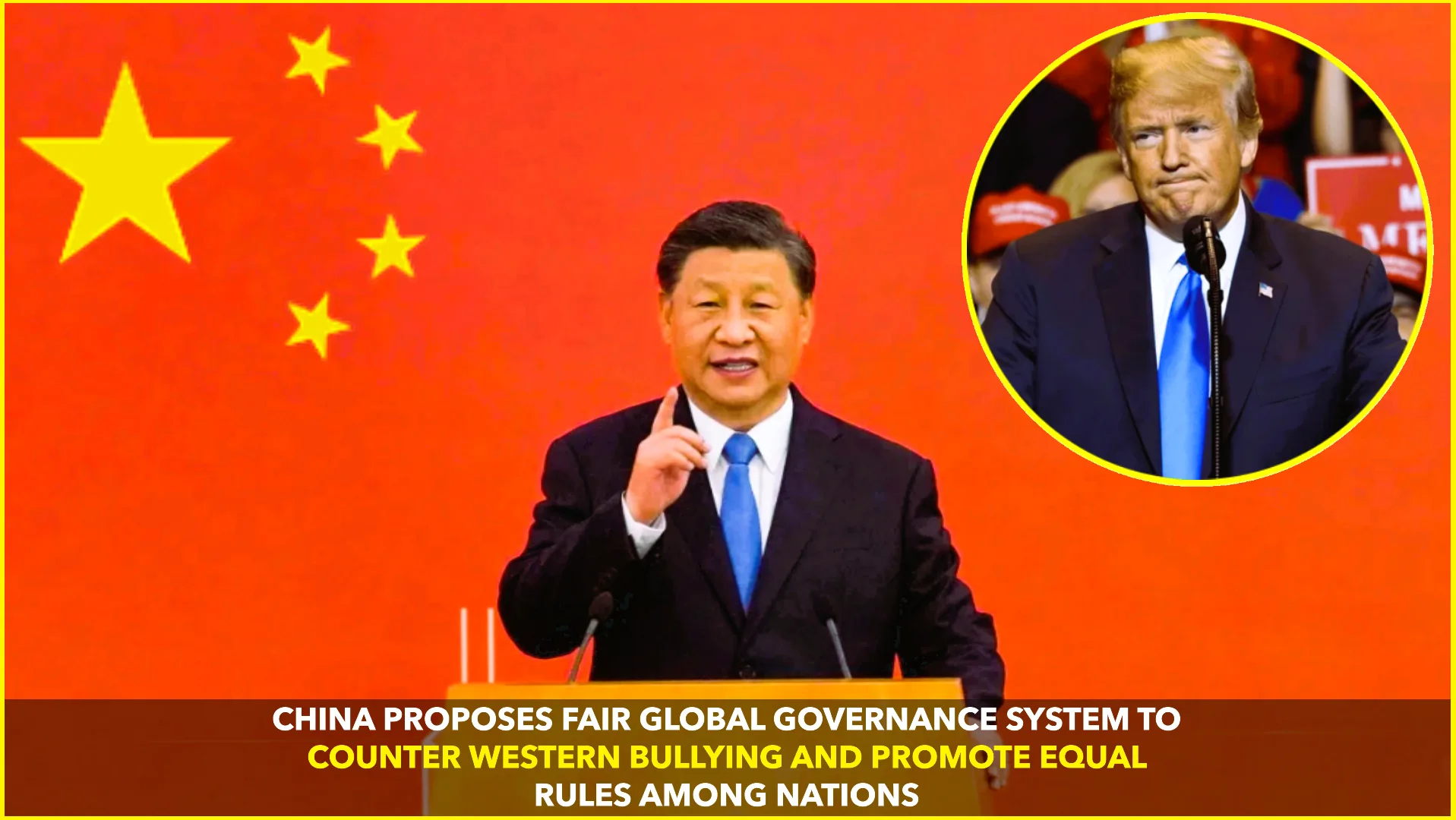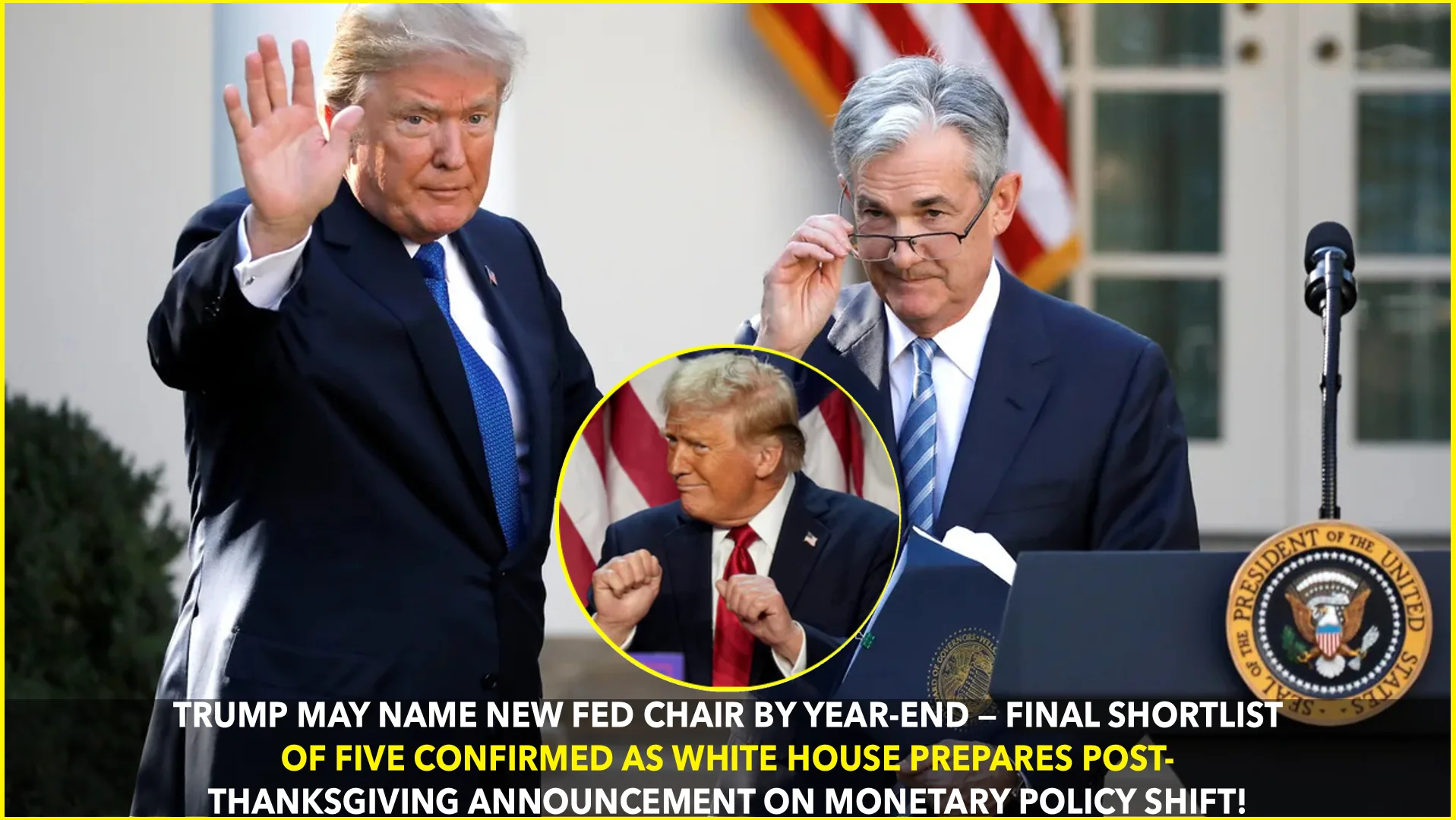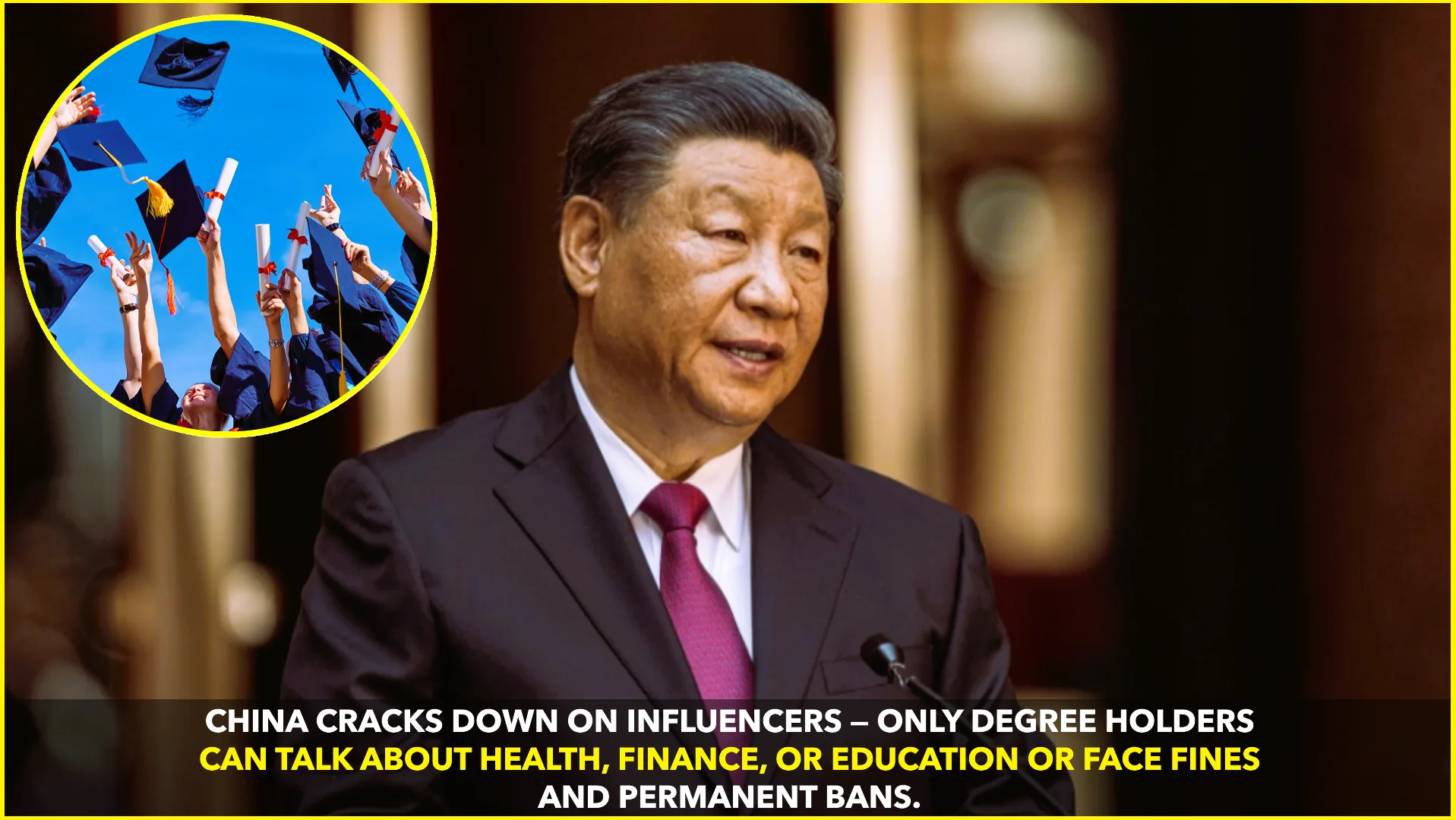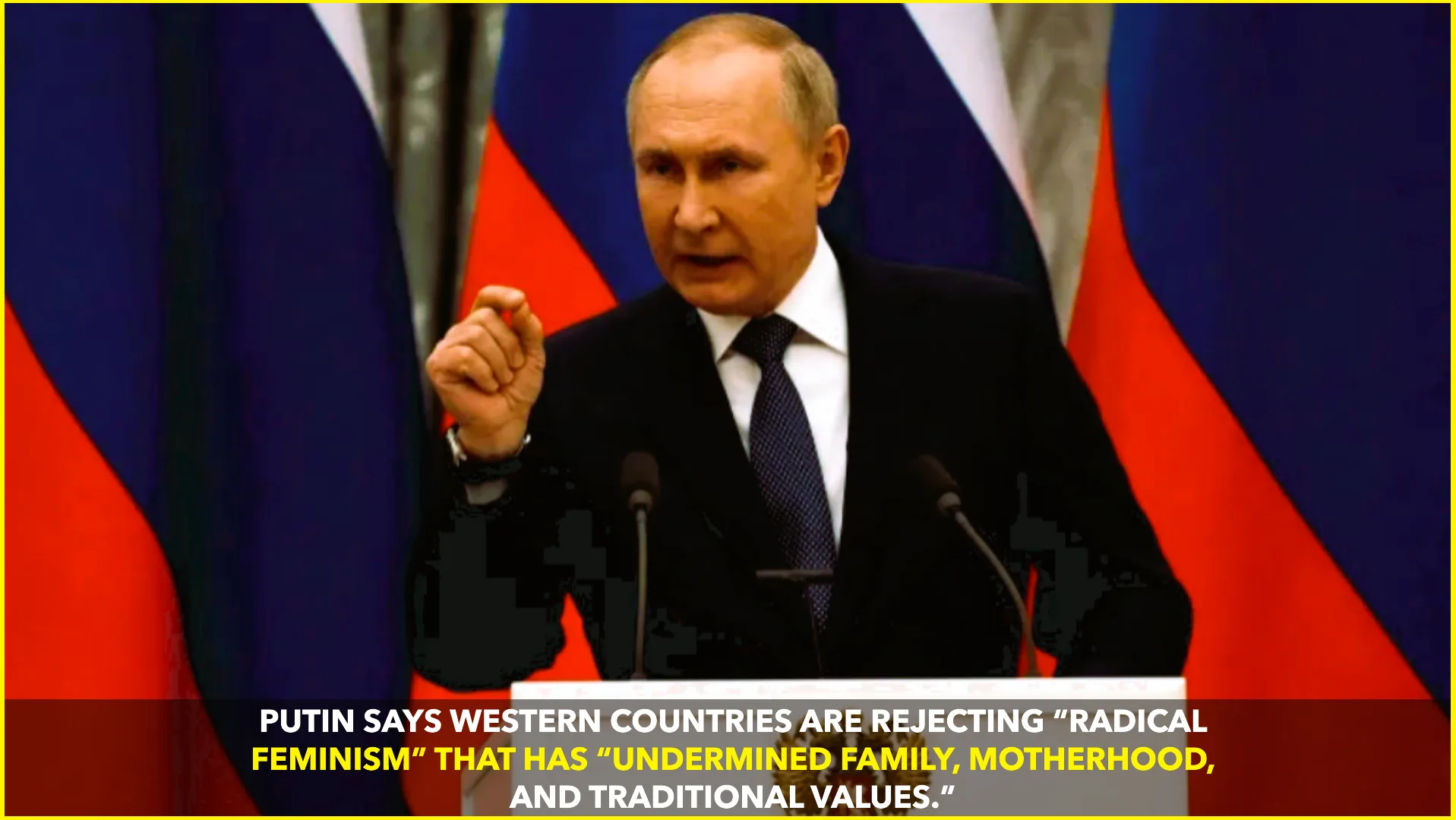China recently proposed a sweeping Global Governance Initiative (GGI) during the Shanghai Cooperation Organisation (SCO) summit in Tianjin, aiming to remodel the international system to be fairer and more inclusive for developing nations.
Key Principles at a Glance
President Xi Jinping outlined five foundational principles that underpin the initiative:
- Sovereign equality: All countries—big or small—have equal rights and a voice in global decisions.
- International rule of law: Enforce UN Charter-based norms with no double standards.
- True multilateralism: Reject unilateral actions, strengthen UN institutions, and encourage global consultation.
- People-centered governance: Ensure policies benefit ordinary citizens across nations.
- Action-oriented approach: Focus on real-world outcomes through coordinated, long-term programs.
This adds to China’s existing Global Development, Global Security, and Global Civilization Initiatives, forming a quartet of interlocking diplomatic frameworks China Foreign AffairsScoChina 2025.
Why Now?
The initiative comes amid growing frustration with Western dominance and a perception of coercive or unilateral policies—especially trade tariffs and political pressure led by the U.S. under Trump’s administration. China presented the GGI at a moment when the Sino-Russian-North Korean axis prominently united at a grand military parade, intensifying discussions about an emerging multipolar world order led by non-Western powers.
At the SCO summit, over 20 leaders—including India’s Modi and Russia’s Putin—attended discussions. The group emphasized South-South cooperation and rejected “power politics” and unilateral coercion. Modi’s participation despite tensions with China signaled India’s desire to engage even amid domestic disputes AP NewsThe Times.
What It Could Mean for Global Governance
For Developing Countries
China presents itself as a champion of the Global South—offering increased collaboration, loans, and AI partnerships to SCO members through the GGI framework ReutersThe Times. Its message: the current system is stacked—this new order offers equity.
For Existing Institutions
GGI proposes reforms within the U.N. and key multilateral platforms rather than dismantling them—emphasizing internal reforms and broader participation in global decision-making China Foreign Affairs+1.
For Geopolitical Power Balance
China’s push risks replacing a U.S.-led system with a Chinese-influenced multipolar order. Critics argue it may favor authoritarian regimes and mask its own regional dominance under the guise of multilateralism Financial TimesThe WeekAtlantic CouncilWikipedia.
For Western Responses
U.S. retreat from global leadership and fragmented alliances are providing room for China to steer reform agendas and expand influence—particularly within UN agencies Financial TimesThe Australian. Western nations are scrambling to respond, wary of losing footing in multilateral forums.
Expert Views
Analysts offer a range of insights:
- Supporters see GGI as a bold call for democratizing global governance—amplifying developing countries’ voices and delivering tangible global public goods.
- Critics argue it risks substituting one dominant power structure for another—pointing to China’s history of selective enforcement, internal repression, and regional assertiveness Financial TimesAtlantic CouncilWikipedia.
Final Thoughts
China’s initiative clearly seeks to redefine the rules of the global game—shifting the balance from unilateral influence toward collective decision-making. Whether it becomes a transformative roadmap or just a political messaging tool is still uncertain.
Success depends on whether China invites genuine participation and accountability—or if it simply reshapes institutions in its own image. The next few months will reveal whether this proposed framework gathers real traction or ends up as a symbolic response to perceived Western dominance.










